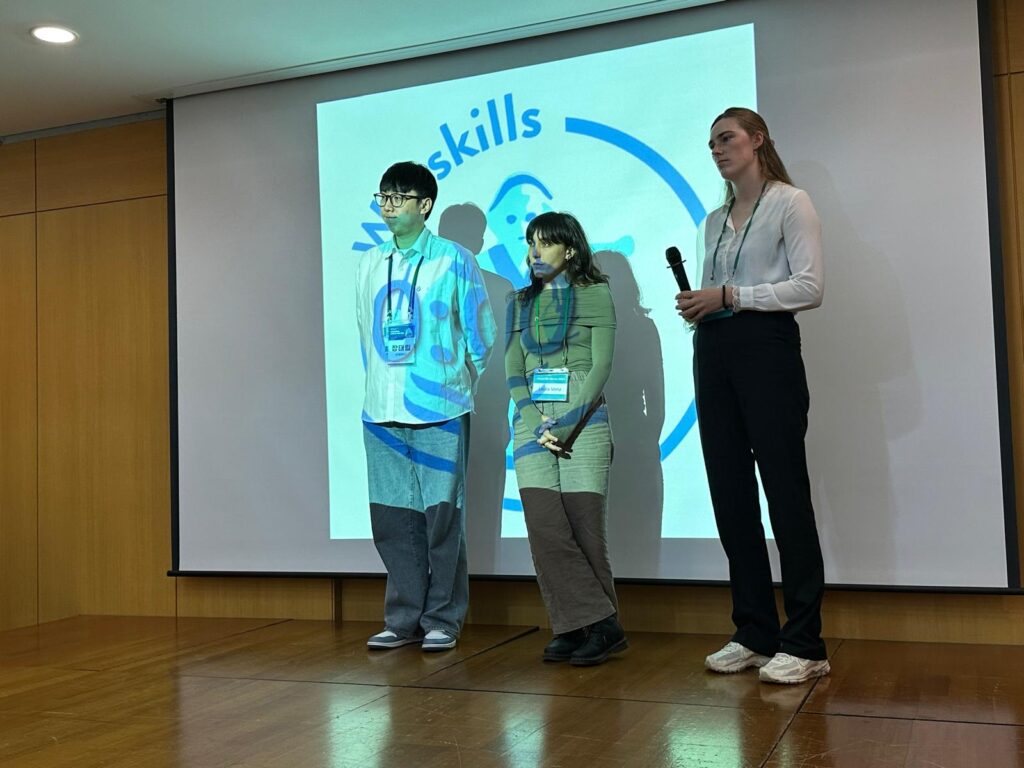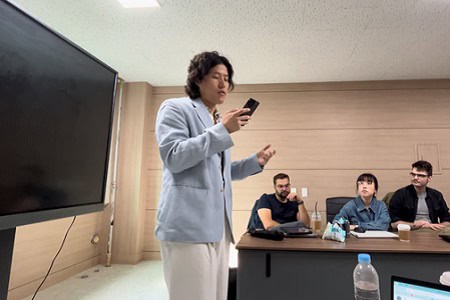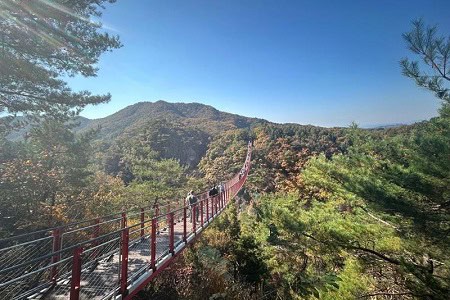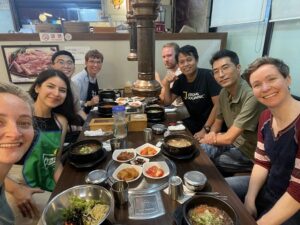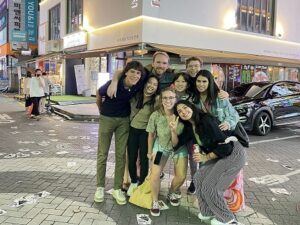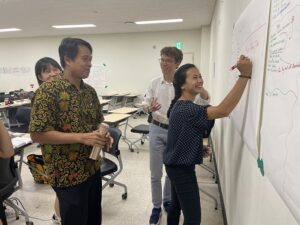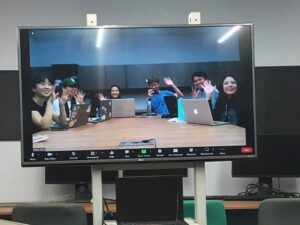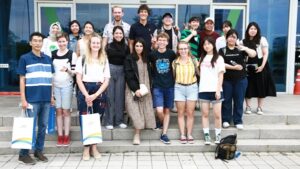
- This event has passed.
Wetskills-South Korea 2024
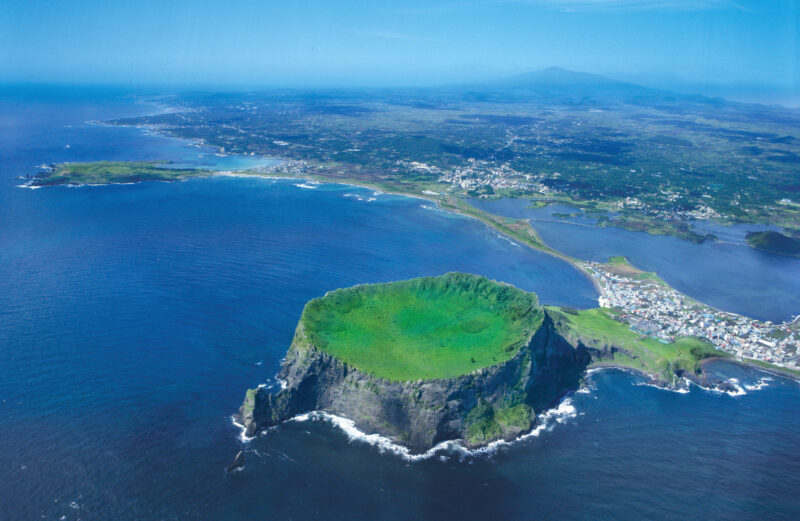

Wetskills to Jeju Island: Welcome to South Korea!
Because of the success of a memorable first (Olympic) edition of a Wetskills Water Challenge in South-Korea in February 2018 (read here), the great successors in 2019 (read here) and 2022 (read here), we were thrilled to organize the fourth edition of Wetskills South-Korea! And this was a special one: Wetskills Finals and Awarding Ceremony will take place on Jeju Island, UNESCO Heritage and one of the seven New Wonders of Nature!
The program started on 20 October 2024 – with participants from Korea, China, Germany & The Netherlands – and culminated in a grand finale featuring pitches and a poster market during the KSWE/KSWW joint Forum (Korea Society on Water Environment & Korea Society of Water and Wastewater) on Jeju Island on 30 October 2024.
Watch the Compilation Movie!
Event Info

Follow Wetskills
Joining this Wetskills Event – What do you get?
A unique learning experience where you will tackle real-life water challenges with your own team!
- You will develop expertise in international cooperation, problem-solving, cross-cultural understanding, and interdisciplinary teamwork.
- You will hone your networking and presentation abilities through pitch and poster
- You will get the opportunity to connect with other international water students/young professionals.
- You will immerse yourself in the vibrant coastal city of Seoul, exploring water-related sites and engaging with local water professionals.
- You will visit the amazing Jeju Island, a UNESCO Heritage site and one of the seven New Wonders of Nature,
- Join parts of the Korea Society on Water Environment conference programme on Jeju Island (incl. Wetskills Finals & Awarding Ceremony)
- You will learn and deepen your understanding of the Korea water sector, gaining insights into key stakeholders, organizations, contemporary issues, and existing business opportunities.
- Upon program completion, receive a certificate of participation, officially joining the ranks of over 1300 Wetskills Alumni.
More information
You can contact Johanna Engels, johanna.engels@wetskills.com or Johan Oost, johan.oost@wetskills.com.
Event Blogs and Pictures

The Day Before The Finals
From North to South, Weekend Travels
Event Cases

Case 1: Using sex-disaggregated data to achieve gender equality in the water sector
Case owner: International Centre for Water Security and Sustainable Management (i-WSSM) under the auspices of UNESCO
The United Nations Educational, Scientific, and Cultural Organization (UNESCO) is actively engaged in utilizing sex-disaggregated data to identify gender inequalities in water management and implement targeted strategies to alleviate this gap. In some regions, gender still affects daily needs, access, and role in water management. Women are often responsible for unpaid water collection labor, while simultaneously being denied participation in the decision-making processes that shape the management of these resources. How can i-WSSM use the sex-disaggregated data (1), to develop solutions for these challenges (2), and to create inclusive approaches that promote gender equality in the domain of water resource management?
Case 2: Islands working together on climate adaptation
Case owner: Water Authority Hollands Noorderkwartier & CEP-island network
Islands around the world deal with similar challenges adapting to climate change. In 2023, the CEP (Caribean, European and Pacific)-island network was created to enhance knowledge and experience sharing between local water managers of these islands. After a good start, the next step is to enhance our involvement, both in deepening the topics and in number of participants. The goal of this case is to come up with a strategy to engage in the CEP-island network to find out how the platform can benefit its members long-term, that is till 2030. South Korea has 3358 islands, which (part of it) are dealing with same challenges. How can this platform learn from the way these South Korean islands work (together?) on climate adaptation?
Case 3: Water Footprinting & Water Reporting for South-Korean conglomerates
Case owner: Korea Society on Water Environment (KSWE) & Korea Society of Water and Wastewater (KSWW) together with Water Footprint Implementation
South-Korea is both a significant importer and exporter of virtual water. Several large conglomerates dominate the Korean economy, and their activities have a substantial impact on water resources globally. At the same time, reporting requirements are becoming increasingly stringent in many regions, with the European Corporate Sustainability Reporting Directive (CSRD) being a notable example. These regulations highlight the water risks and dependencies that companies face, along with the impact they have on water resources throughout their value chains. How do more stringent reporting standards (such as the CSRD) impact Korean conglomerates and their water resource management?
Event Partners

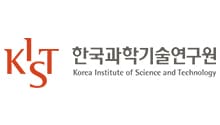
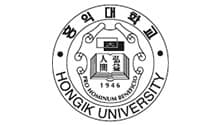

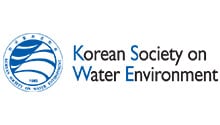
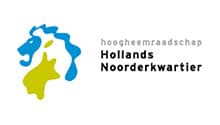
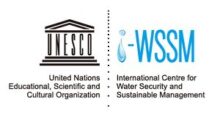
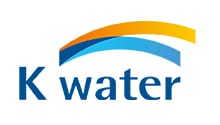

Previous Wetskills Events in South Korea


